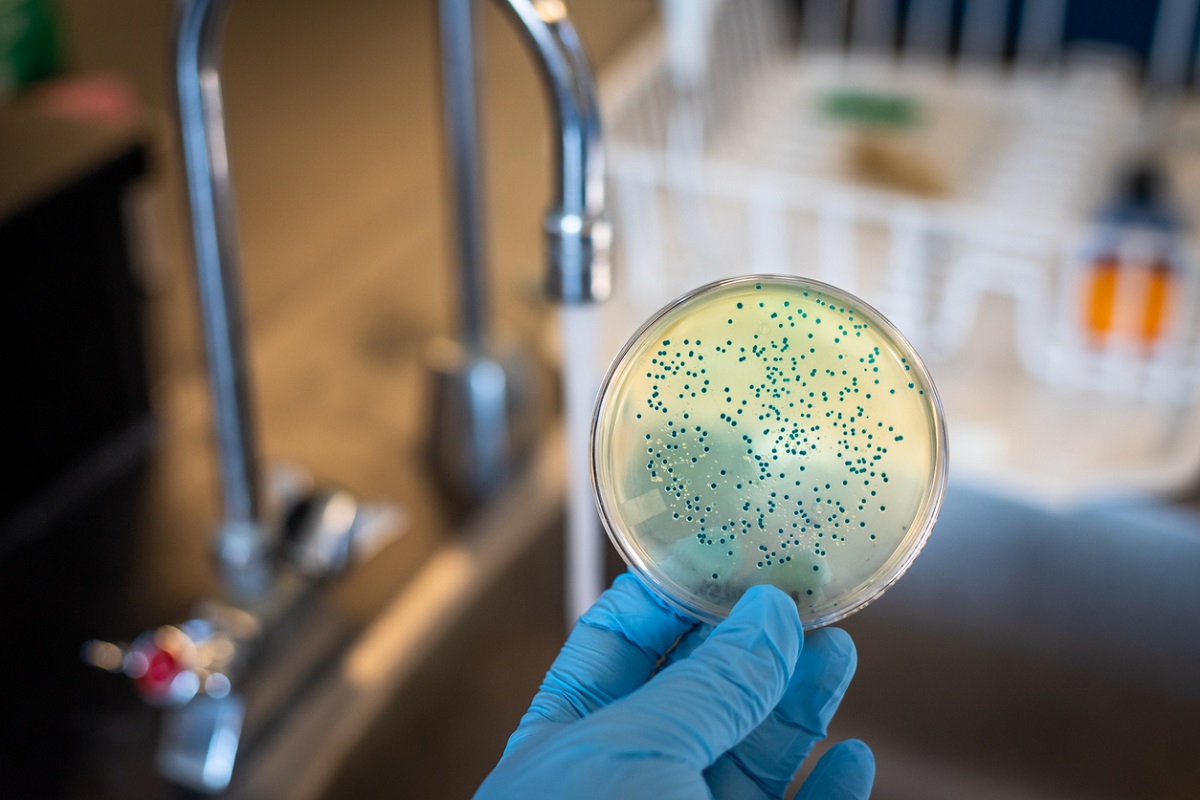
Enzyme Engineering Boosts Super-precise CRISPR Tool
February 12, 2020| |
Experts from Broad Institute of Harvard and MIT and partners continue to improve gene editing. With a new super-precise version of CRISPR, the researchers have boosted its accuracy by engineering enzymes that can accurately target DNA without introducing as many unwanted mutations. Their findings are reported in Nature Biotechnology.
To detect unwanted DNA edits than may cause harm, researchers conduct full genome sequencing, but it is a long and expensive process. To address this, the experts developed new methods to find off-target mutations in bacteria and human cells without the need for full genome sequencing. One of the devised methods entails insertion of base editors into bacteria and then tested for resistance to an antibiotic drug. The higher the frequency with which bacterial cells became resistant, the more active the base editor was in mutating the DNA in resistance genes.
The team used the methods to search for base-editing enzymes with better fidelity. This led them to a collection of enzymes that can convert cytosine to thymine without several off-target mutations. This is very important in using base editing as medicine. The team is planning to screen for base editors that will work well in plant cells.
Read more findings in Nature Biotechnology and Nature.
| |
You might also like:
- CRISPR-Cas12a-based DNA Test Used in Disease Detection and GMO Identification
- Scientists Use CRISPR-Cas9 Technology to Improve Drought and Salt Tolerance in Rice
- Pocket K No. 54: Plant Breeding Innovation: CRISPR-Cas9
Biotech Updates is a weekly newsletter of ISAAA, a not-for-profit organization. It is distributed for free to over 22,000 subscribers worldwide to inform them about the key developments in biosciences, especially in biotechnology. Your support will help us in our mission to feed the world with knowledge. You can help by donating as little as $10.
-
See more articles:
-
News from Around the World
- Redundant Food Labels Affect Consumers' Willingness to Pay
- Genomes of Basmati Rice Sequenced
- Scientists Unravel Mystery of Photosynthesis
- Innovation Study Demonstrates Financial Benefits of HT Canola in Canada
- Colombia Benefits Economically and Environmentally from 15 Years of Planting GM Crops
- Australian OGTR Seeks Comment on GM Blue Carnations
- Scientists Discover Gene that Improves Yield and Fertilizer Use Efficiency of Rice
-
Research Highlights
- Selective Gene Silencing Leads to Ultra-low Gossypol Cottonseed
- Golden Rice is Safe, Studies Show
-
Plant
- Enzyme Engineering Boosts Super-precise CRISPR Tool
-
Read the latest: - Biotech Updates (January 21, 2026)
- Gene Editing Supplement (December 17, 2025)
- Gene Drive Supplement (February 22, 2023)
-
Subscribe to BU: - Share
- Tweet

